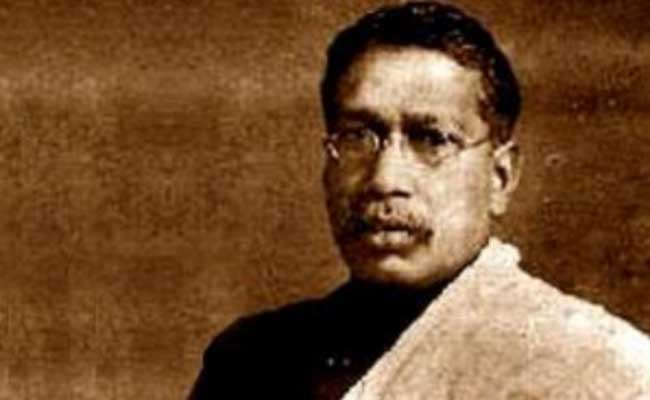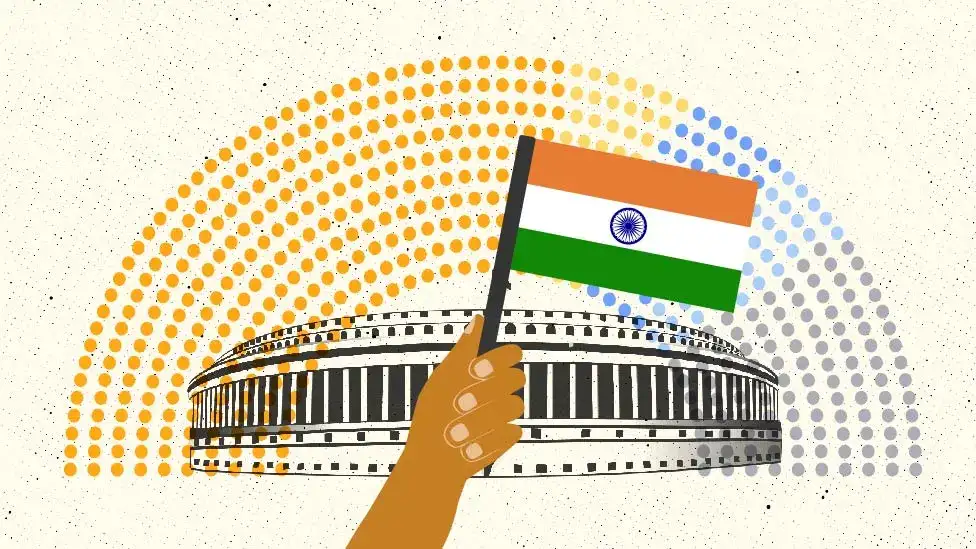Bipin Chandra Pal: The Nationalist Leader who Fought for India’s Freedom
Bipin Chandra Pal was a prominent Indian nationalist leader and one of the trio of “Lal Bal Pal,” which also included Lala Lajpat Rai and Bal Gangadhar Tilak. He was born on November 7, 1858, in Sylhet (now in Bangladesh) to a Hindu Brahmin family. Pal was one of the most influential leaders of the Indian independence movement, and his contribution to the freedom struggle of India cannot be forgotten.
Early Life and Education
Bipin Chandra Pal was born in a family of lawyers, and his father, Bipin Behari Pal, was a prominent lawyer in Calcutta High Court. Pal completed his early education from Sylhet Government High School and then went to Presidency College in Calcutta, where he completed his graduation. He was a brilliant student and had a keen interest in the study of English, Bengali, and Sanskrit literature. After completing his graduation, he started teaching English at Ripon College in Calcutta.
Political Career
Pal’s political career began when he joined the Indian National Congress in 1886. He was one of the earliest members of the Congress and played an essential role in its early years. He was a staunch nationalist and believed in the idea of swaraj or self-rule. Pal was a vocal critic of the British Raj and used his speeches and writings to mobilize public opinion against British rule in India.
In 1905, the British government announced the partition of Bengal, which was a major blow to the Indian nationalist movement. Pal was one of the most vocal critics of the partition and played a significant role in organizing the Swadeshi movement, which was a boycott of British goods and the promotion of Indian-made goods. Pal believed that the Swadeshi movement was the only way to protest against the British government’s policies.
Pal was an excellent orator, and his speeches had a profound impact on the Indian masses. He believed that the Indian people needed to be educated about their rights and responsibilities, and he used his speeches to spread this message. Pal was a strong advocate of Hindu-Muslim unity and believed that it was necessary for India’s freedom struggle. He believed that Hindus and Muslims were two arms of India’s body, and they needed to work together for the country’s independence.
Pal was also a prolific writer and journalist. He edited several newspapers, including the Bengali newspaper “Bande Mataram.” Pal’s writings were known for their fiery nationalism and inspired many Indians to join the freedom struggle. His writings had a significant impact on Indian political thought and influenced many Indian leaders, including Mahatma Gandhi.
Pal was also a member of the Indian National Congress’s extremist faction, which was led by Bal Gangadhar Tilak. The extremist faction believed in more radical methods of protest, including boycotts, strikes, and civil disobedience. Pal believed that the Indian people needed to use all means at their disposal to achieve their freedom.
Later Life and Legacy
Pal’s health started deteriorating in the 1920s, and he retired from active politics. He spent his later years in Calcutta, where he continued to write and inspire Indian nationalists. Pal passed away on May 20, 1932, at the age of 74.
Bipin Chandra Pal’s contribution to the Indian independence movement cannot be overstated. He was a visionary leader who believed in the idea of swaraj and worked tirelessly to achieve it. His speeches and writings inspired many Indians to join the freedom struggle, and his advocacy of Hindu-Muslim unity played a significant role in Indian politics.
![]()





